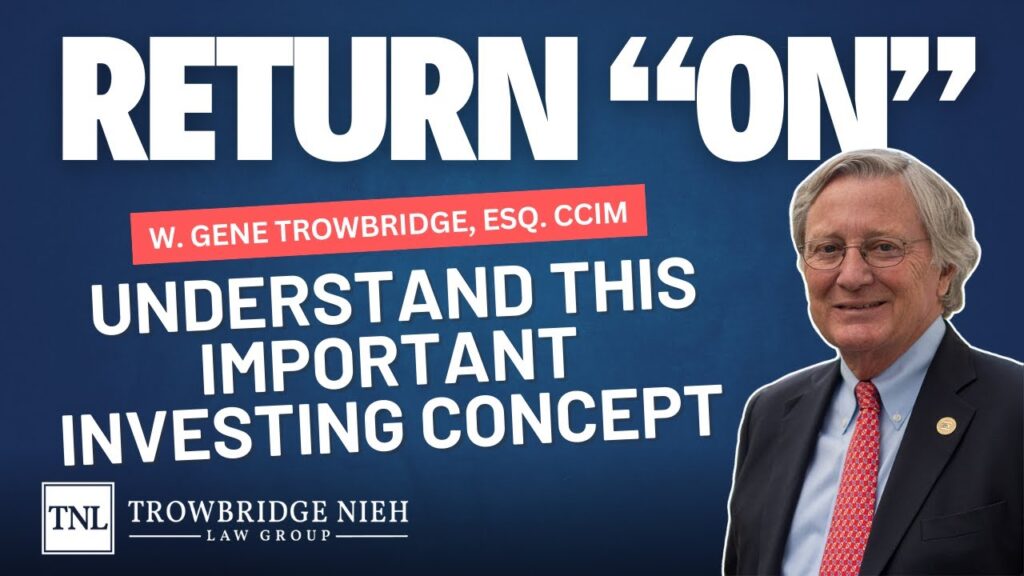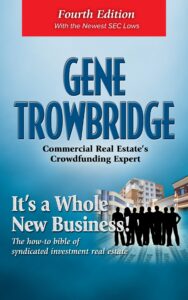In this video, syndication and crowdfunding attorney Gene Trowbridge, Esq. CCIM discuss a powerful tax deferral strategy – 1031 exchanges. What is a 1031, why is it important to investors, and what does it mean for group sponsors? Learn all the legal details and how to use a 1031 bolstered by real world examples.
What is a 1031 Exchange?
Per IRC Section 1031 – In general, no gain or loss shall be recognized on the exchange of real property held for productive use in a trade or business or for investment if such real property is exchanged solely for real property of like kind which is to be held either for productive use in a trade or business or for investment. IRC §1031(a)(1).
Why is this important to investors?
When you sell a property, you have equity. When you sell, you want to receive the value of the equity, but you don’t want to have to pay taxes on the gains earned from the sale of the property. A 1031 exchange allows an investor to defer taxation on gains through an exchange of the gain from the sale of the property into another property.
What does this mean for group sponsors?
If investors require 1031 exchange tax deferral, then the sponsor needs to use a Tenant in common (TIC) structure in the deal. This is because of the requirement that the exchange be of a like-kind. So, if an investor exchanges property for interests in an LLC (which is personal property), then the 1031 tax deferral is not available because the exchange is not of a like-kind. However, the entity that has the deed to the property does qualify for a 1031 exchange at the entity level.
Watch the whole video for a straightforward explanation along with practical examples to understand when and how investors may use this powerful tax deferral strategy.
Want to learn more about 1031 exchanges, securities laws, and real estate syndication? Grab a free PDF of Gene’s book “It’s A Whole New Business!” – https://book.tnllp.com




